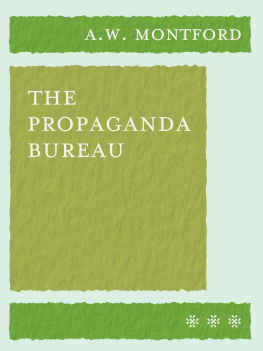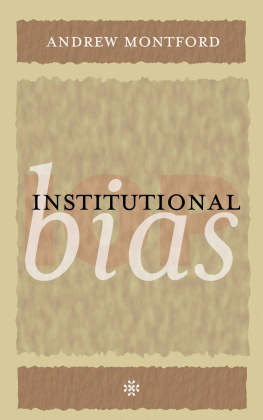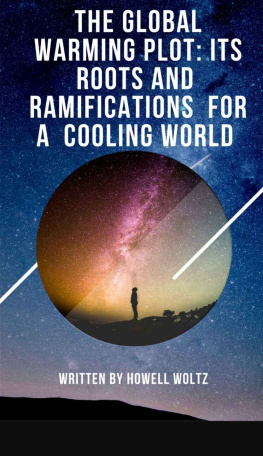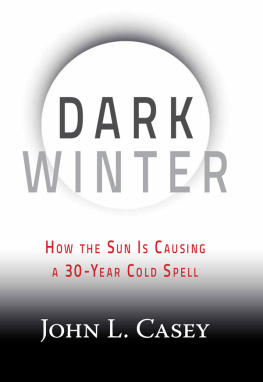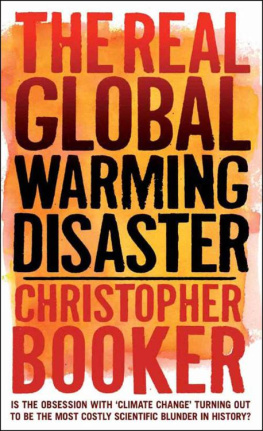Summary
In 2007, the BBC Trust announced that a seminar of the 'best scientific experts' had decided that climate science was settled and that dissenting voices no longer deserved equal treatment.
It has recently been revealed that the seminar was attended mainly by green activists. Only three scientists attended and only two with expertise in climate science.
Of the 28 attendees only one might have been expected to take a dissenting view on climate issues.
The seminar was part of a series, funded by green activists and others and attended by senior BBC decisionmakers.
The seminars were intended to influence all of the BBC's output, bringing green storylines into everything from science to comedy. There is strong evidence that this aim was achieved.
The BBC has spent enormous sums of money trying to prevent the seminar attendees being identified, using a team of six lawyers, including two barristers, to prevent a lone pensioner from obtaining the information under FOI.
When the BBC's refusal to identify the attendees under FOI was challenged via the Information Commissioner, a hitherto unnoticed public document that revealed the identities was redacted. This was done at the instigation of one of the seminar's co-organisers.
The seminar series was originally authorised by the then head of news, Tony Hall (now the new director-general of the BBC, Lord Hall).
There are links between the seminar series and other scandals, such as Climategate and the 2011 revelation that the BBC had been accepting free programming from green activist groups.
The leaked email
In October 2007, while looking for something interesting to read, I came across a blog posting about a leaked BBC email. While it was interesting, it appeared relatively insignificant. There was no hint that this was to be the beginning of an investigation that would span more than five years and to lead to one of the greatest scandals in the history of the BBC.
The email in question had been sent by the corporation's environment reporter Roger Harrabin and appeared to show that he had been trying to develop a party line for his colleagues in the wake of a recent setback to the green movement. A few weeks earlier, the High Court in the UK had ruled that Al Gore's global warming movie >An Inconvenient Truth contained major errors and the judge had stipulated that it could therefore only be used in schools with strong caveats about its factual accuracy. At the time, there were attempts to have the movie shown in every school in the country and so the court's decision was a major defeat for environmental campaigners.
Harrabin's response had been to try to ensure that the central tenets of the global warming campaign remained safe from the fallout from the court's decision, while accepting some limited criticism of the Gore movie. As he said in the email
In any future reporting of Gore we should be careful not to suggest that the High Court says Gore was wrong on climate.
We might say something like: 'Al Gore whose film was judged by the High Court to have used some debatable science' or 'Al Gore whose film was judged in the High Court to be controversial in parts'.
The key is to avoid suggesting that the judge disagreed with the main climate change thesis.
The email gave a remarkable insight into the inner workings of the BBC and flew in the face of claims by senior BBC staff that they had no 'line' on climate change.
At around the same time, I had been looking into Harrabin's work myself, having been appalled at the bias in his journalism. My research, which was at an early stage, had revealed little of interest, apart from Harrabin's profile page on the website of BBC Radio's flagship Today programme, where he was a frequent contributor. Although this was mostly just boilerplate, the page referred to Harrabin being co-director of something called the Cambridge Media and Environment Programme (CMEP), an organisation which apparently tried to find ways to engage the media on stories about 'sustainable development'. (The page actually incorrectly referred to the 'Cambridge Environment and Media Programmes', but it was clearly the same organisation.) There were almost no other details, apart from the fact that Harrabin's activities were part-funded by the BBC, with the rest coming from unnamed private sources. I was struck at the time by how odd it was that the BBC would be using public money to persuade itself to engage on environmental issues. Everything seemed to be back to front. As I said to my blog readers at the time:
Doesn't it seem stranger still that the loot is being sent to an organisation run by one of its own employees? This seems to reverse the normal employer/employee relationship. Shouldn't the higher-ups at the BBC be telling Harrabin what to do?
And isn't it yet more bizarre that it is trying to promote inclusion of particular issues in the news agenda an overtly political act if ever there was one? The BBC, remember, has no line on climate change (and presumably the whole question of environmentalism too). Is the BBC actually funding a campaign to promote environmentalism on the airwaves?
I don't know about you, but I smell fish.
Planet Relief
I thought no more of it. However, at the start of the following year, I was reading about the latest in a long line of environmental protests, coverage of which increasingly filled the airwaves. This latest event was 'eDay', in which people would be encouraged to switch off electrical appliances for a day. Irritated by the hype, I wondered who it was who was behind the hectoring and a little web browsing quickly took me to the source an environmentalist named Matt Prescott. Prescott had recently qualified from Oxford with a degree in zoology, but already had a long track record in environmental campaigning.
One profile of him showed that he was involved in no fewer than eleven blogs, most with green themes. He had also organised something called the Oxford Earth Summit and in 2005 he had launched a campaign to ban incandescent light bulbs. He was remarkably well connected too, having worked for:
Prof. Norman Myers (a British environmentalist)
Sir Crispin Tickell,(a British diplomat, environmentalist and academic)
George Monbiot, (journalist and environmentalist)
Jon Plowman (head of BBC Comedy)
Glenwyn Benson (controller of BBC Knowledge)
as well as Roger Harrabin.
His website also revealed that he had been involved at a senior level in another BBC green project called 'Planet Relief'. This was to have been a worldwide telethon to promote green causes, but it had been cancelled shortly after the plans for the broadcast had been announced senior BBC editors had met with a wall of criticism for putting the corporation's weight behind what appeared to be a naked piece of environmentalist propaganda.
With Prescott such a committed green campaigner, it was remarkable to see him at the head of a large BBC project, and doubly so when his youth and lack of broadcasting experience were also taken into account. In a blog post describing what I had found, I explained:
The justification for the licence fee has always been that the BBC is objective and impartial, and yet here we have Mr Prescott brought in from outside, apparently to use public resources to promote his own (and presumably the BBC's) political views.
It was also very odd that Prescott said he had worked for Plowman, the head of BBC comedy; there was certainly no indication that Prescott had a background in comedy. However, there was in fact a straightforward explanation. Plowman had been a strong supporter of the Planet Relief effort too. In fact, as Prescott's website revealed, there was at least one other familiar name involved:

